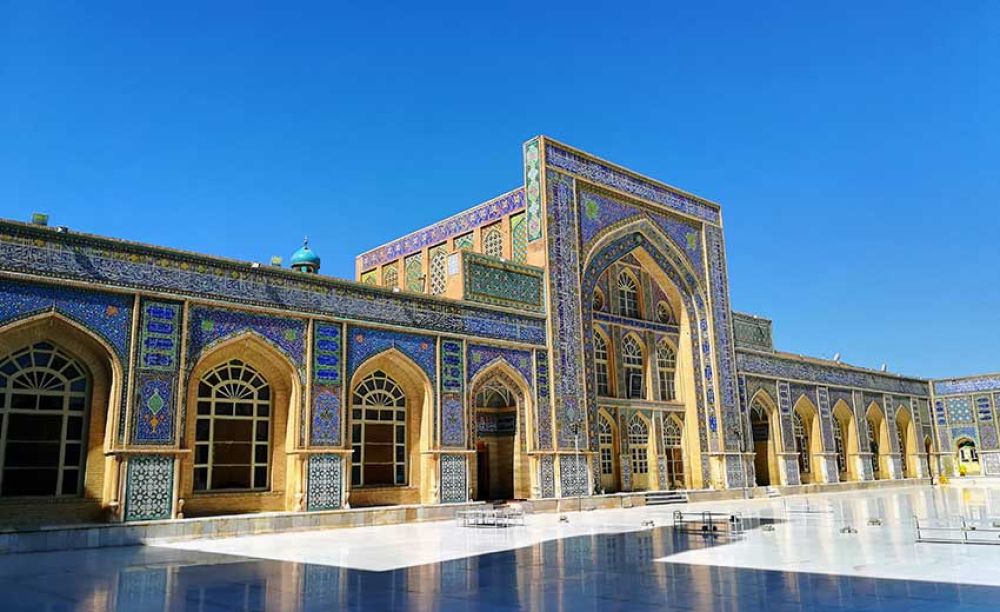Bamyan, located in central Afghanistan, is renowned for its historical and cultural significance, most notably the monumental Buddha statues carved into the cliffs. The town is the capital of Bamyan Province and lies approximately 2,550 meters above sea level, surrounded by the Hindu Kush mountain range, providing it with stunning scenic beauty. Historically, Bamyan was a part of the ancient Silk Road and played a significant role in the spread of Buddhism throughout Central Asia. The Buddha statues, which were the largest standing Buddha carvings in the world, were sadly destroyed by the Taliban in 2001, but the site remains a symbol of Afghanistan's historical heritage. Despite the destruction, the region is still home to many cultural treasures including the remains of monastic complexes, caves decorated with ancient frescoes, and Band-e Amir, a series of six deep blue lakes separated by natural dams. The landscape around Bamyan is rugged, with a stark and enchanting beauty, drawing trekkers, history buffs, and adventurers.

